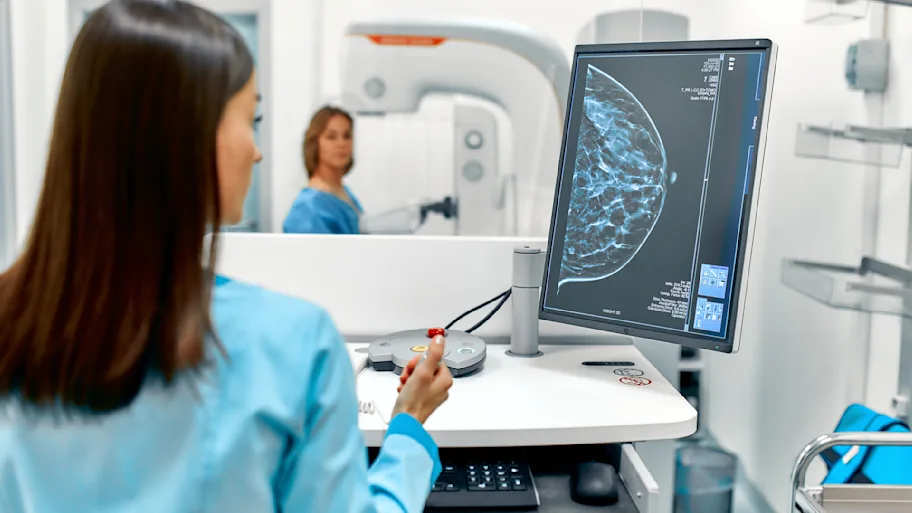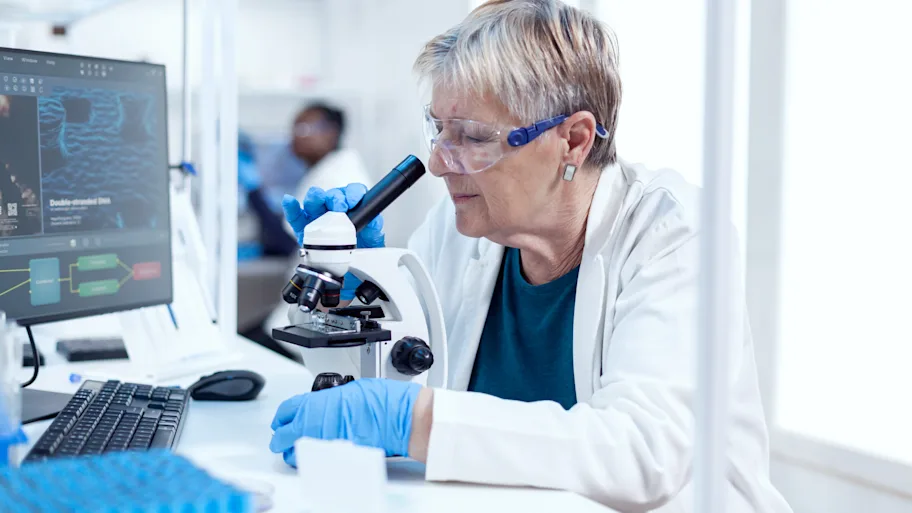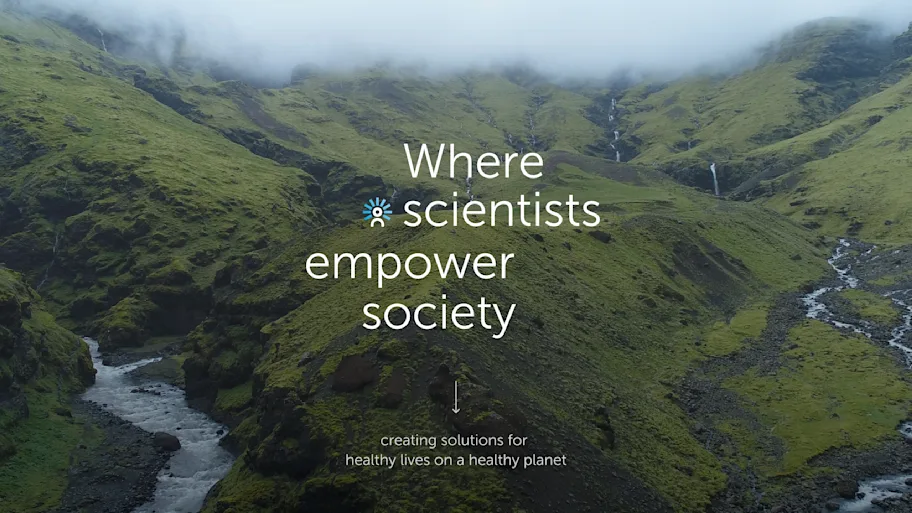
- Science news
- Research Topics
- Open Access Week: three Research Topics fueling solutions for complex global challenges
Open Access Week: three Research Topics fueling solutions for complex global challenges

The challenges we face, from climate change to global health crises, demand collaborative, interdisciplinary solutions. Open science, research collaboration, and societal innovation are essential to addressing these complex issues.
During Open Access Week, we highlight the work of researchers who break down silos, share knowledge openly, and foster partnerships between academics, policymakers, and communities to accelerate solutions for society's most pressing hurdles.
Here are three Research Topics that explore the application of open science principles across various fields, including innovation, fisheries science, and education.
All articles are openly available to view and download.
1 | Living Labs and Open Innovation approaches to scale impact for human wellbeing
32.900 views | 12 articles
This community of scientists raises awareness and creates opportunities for international research and practice at the intersection of living lab models, digital public health, and wellbeing across neighborhoods, cities, and regions.
Living labs are powerful tools that promote open and inclusive innovation, helping to transition communities, cities, and regions toward a resilient and sustainable future.
As platforms for open innovation, living labs bring together diverse stakeholders to address real-world challenges and develop scalable solutions. This approach is particularly valuable in contexts where technology can improve wellbeing and quality of life.
However, the full potential of living lab approaches in designing and developing solutions to complex societal problems—and scaling them across large ecosystems—has yet to be fully realized.
2 | Co-creating Knowledge with Fishers: Challenges and Lessons for Integrating Fishers' Knowledge Contributions into Marine Science in Well-Developed Scientific Advisory Systems
47.700 views | 17 articles
The researchers leading this topic contribute to addressing how to integrate knowledge contributions into scientific advisory systems and what this means for the future of fisheries science within emerging frameworks for responsible research and innovation.
There is growing support within established scientific advisory frameworks for integrating data and information provided by the fishing industry. While interest in gathering and utilizing fishers' observational knowledge—where they act as scientific data collectors or facilitators—is increasing, the peer-reviewed literature on science-industry research collaboration (SIRC) tends to focus on the challenges and lessons learned from these partnerships, rather than their impact.
With only a few documented examples of SIRC projects influencing scientific assessments within advisory processes, this Research Topic is highly relevant for advancing collaborations by incorporating insights from industry stakeholders.
3 | Building the Future of Education Together: Innovation, Complexity, Sustainability, Interdisciplinary Research and Open Science
25.000 views | 18 articles
This Research Topic expands our understanding and practices in shaping the future of education, covering topics such as digital education, lifelong learning, neuroeducation, open education, open innovation, open science, complexity, sustainability, interdisciplinarity, and social impact.
It also explores new avenues for open education within sustainability and open science frameworks, as well as non-traditional methodologies, technologies, and facilities.
Complexity and sustainable development present significant societal challenges in the education landscape, requiring new solutions to address critical issues in higher education and lifelong learning.
Now, more than ever, enhancing research processes, promoting innovation, and developing educational strategies that foster entrepreneurial skills based on critical, scientific, and systemic thinking is crucial.






